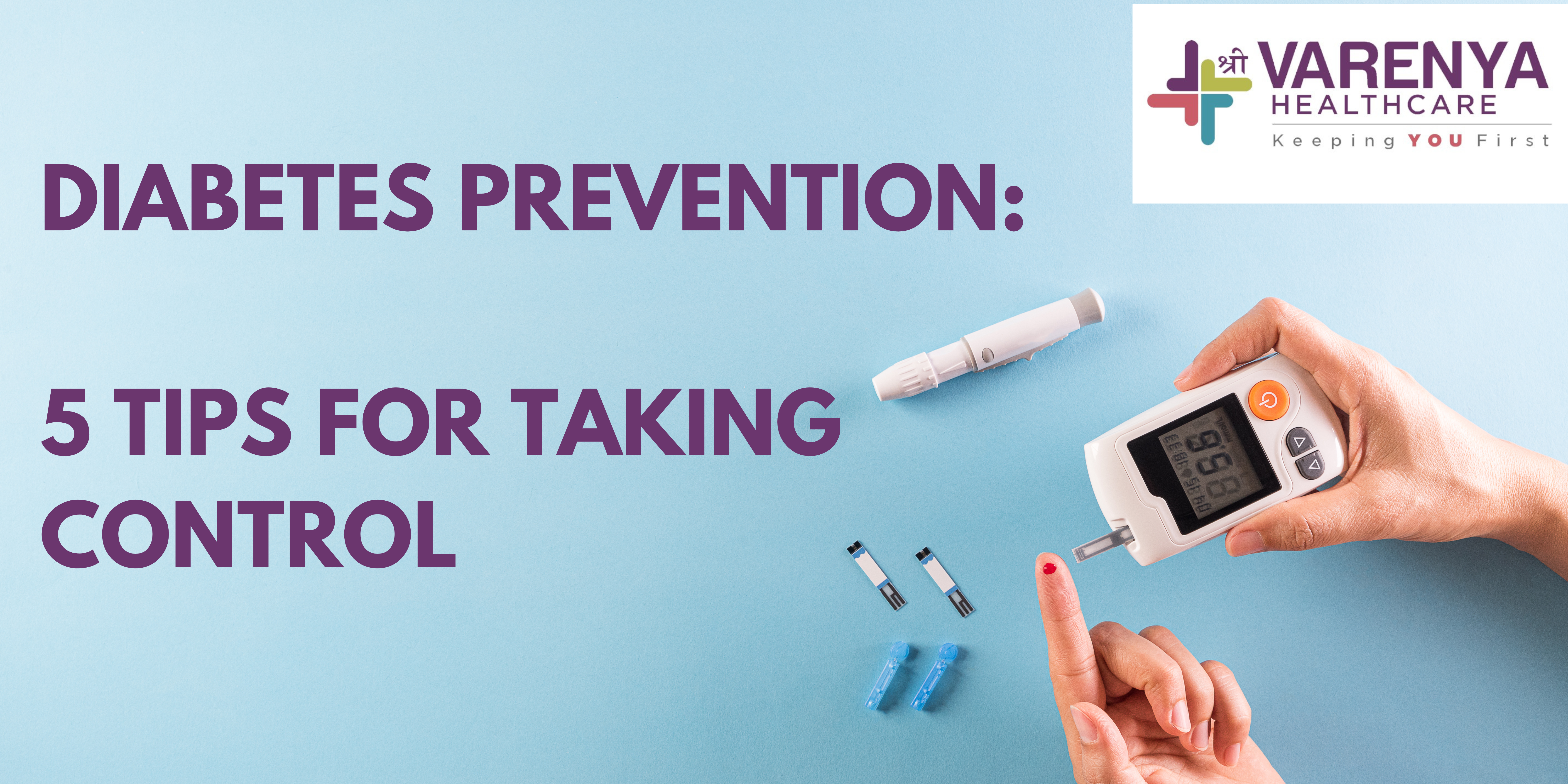
Effectively managing diabetes involves more than just taking medication; it requires adopting a lifestyle that fosters improved health. The best exercises for diabetes management, which can significantly improve blood sugar management, enhance insulin sensitivity, and elevate overall health, are High-Intensity Interval Training (HIIT) and Strength Training.
Let’s dive into how these approaches function and debunk some common misconceptions.
High-Intensity Interval Training (HIIT): A Game-Changer for Blood Sugar Control
If you think you need hours at the gym to make a difference, HIIT will change your mind. It’s an efficient, dynamic workout method that alternates short bursts of intense activity with periods of rest or low-intensity movement.
What Makes HIIT So Effective?
A typical HIIT session might look like this:
- 1 minute of fast running followed by 2 minutes of walking.
- Repeat for 10 cycles.
This mix of high effort and recovery provides incredible benefits, especially for people with diabetes.
Benefits of HIIT for Diabetes
- Improves Blood Sugar Levels: Research shows HIIT can lower blood sugar more effectively than moderate exercise.
- Boosts Insulin Sensitivity: It helps your body respond better to insulin, aiding glucose management.
- Supports Cardiovascular Health: People with diabetes often face a higher risk of heart disease, and HIIT strengthens heart health.
- Saves Time: HIIT workouts are quick, and perfect for busy schedules.
Getting Started with HIIT
If you’re new to HIIT, start slow. A beginner workout could involve simple exercises like jumping jacks, squats, and brisk walking. Always warm up before starting and consult your healthcare provider to ensure it’s safe for your fitness level.
Simple HIIT Workouts for Beginners
Here are a few beginner-friendly HIIT workouts:
5-Minute HIIT
- 40 seconds of jumping jacks
- 20 seconds of rest
- Repeat with squats, push-ups, mountain climbers, and high knees.
15-Minute Walking HIIT
- 5 minutes of steady walking to warm up.
- Alternate between 1 minute of brisk walking and 1 minute of light jogging for 10 minutes.
- Cool down with a 5-minute walk.
Strength Training: Building Strength, Not Bulk
Strength training is often misunderstood, especially among women, who fear it will make them “bulky.” Let’s bust that myth once and for all.
The Truth About Strength Training
- Hormonal Differences: Women naturally have lower testosterone levels than men, making it nearly impossible to build large, bulky muscles without specialized training and diet.
- Lean and Toned: Strength training creates muscle definition and improves body composition—not bulk.
Why Strength Training Matters for Diabetes
- Improves Insulin Sensitivity: Resistance exercises make your body more responsive to insulin, helping to stabilize blood sugar.
- Increases Muscle Mass: Muscles act as glucose storage sites, making it easier to manage blood sugar levels.
- Supports Bone and Joint Health: Strength training improves bone density and reduces the risk of osteoporosis.
Common strength training exercises include bodyweight moves
- Squats or push-ups
- Resistance bands,
- Weight lifting.
Even 20 minutes twice a week can yield incredible results!
Combining these methods offers greater control over blood sugar and improves overall health. For example, you can alternate between HIIT sessions and strength training throughout the week for a balanced routine.
Exercise isn’t just about weight loss or looking fit—it’s about taking control of your health. HIIT and strength training offer powerful benefits for managing diabetes, improving heart health, and boosting overall well-being.
Remember, you don’t have to go all out from day one. Start slow, focus on consistency, and choose exercises you enjoy. With time, exercise can become a natural and rewarding part of your lifestyle—one that empowers you to live well with diabetes.
Always consult your healthcare provider before starting a new fitness program, and listen to your body as you progress.
To talk and discuss your fitness regime get in touch with our expert team of doctors.
Start your fitness journey today
Visit our website to book a free consultation with us





